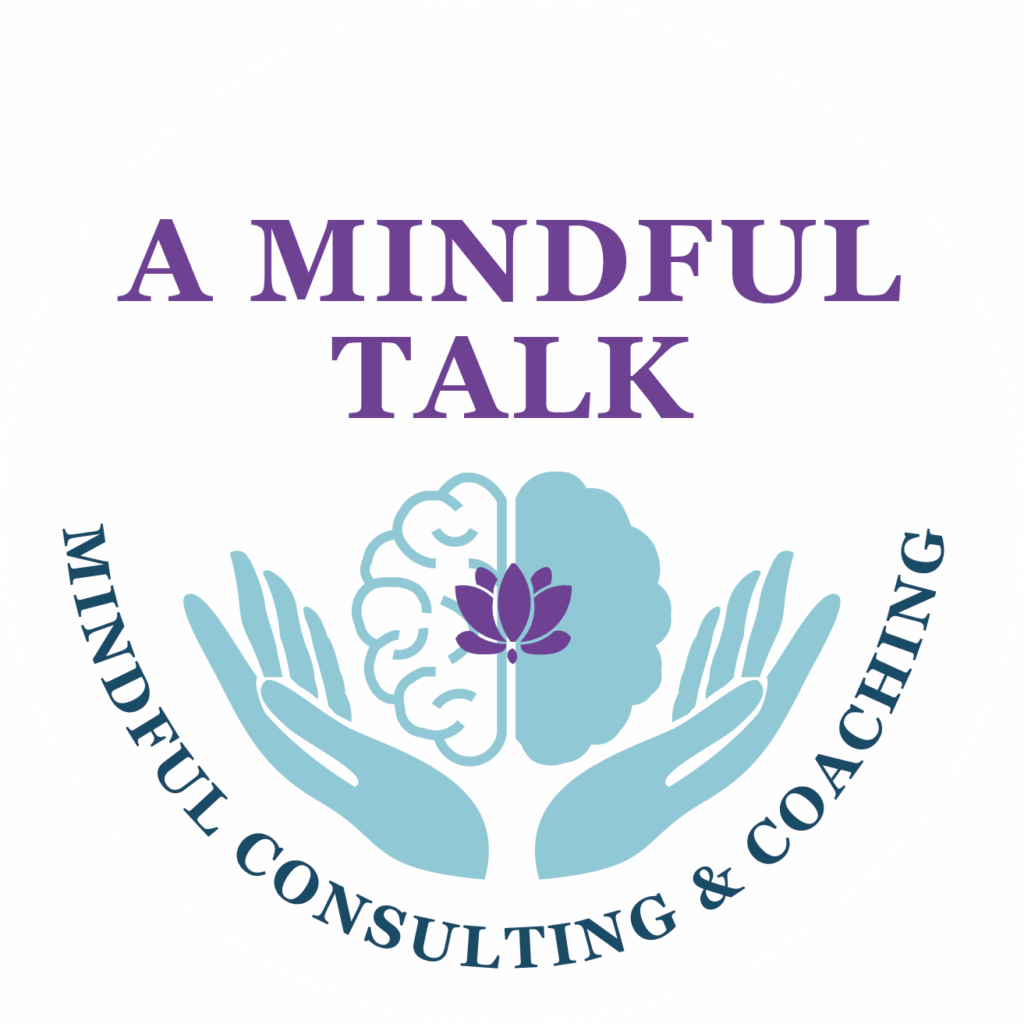Yoga Therapy & Yoga Classes
Yoga Therapy & Yoga Classes:
Nurturing the Mind, Body, and Spirit
Yoga has long been celebrated for its ability to enhance physical health, mental well-being, and emotional balance. But did you know that there are distinct ways in which yoga can help? Yoga therapy and yoga classes are both beneficial, yet they serve different purposes and offer unique advantages. Understanding the difference between the two can help you make an informed decision about which approach is right for you, whether you’re seeking personal growth, professional development, or a more holistic healing journey.
Yoga Therapy: Healing Through a Personalized Approach
What is Yoga Therapy?
Yoga therapy is a personalized approach to healing that uses the principles and practices of yoga to support individuals in overcoming physical, mental, and emotional challenges. Unlike traditional yoga classes, yoga therapy is specifically designed to address your unique needs. A trained yoga therapist works with you to create a customized program, which may include postures (asanas), breathwork (pranayama), meditation, and relaxation techniques—all tailored to your condition, recovery, or life situation.
Yoga therapy can be especially beneficial for those dealing with chronic pain, injury recovery, stress, anxiety, depression, trauma, and other mental health concerns. It offers a safe, gentle, and holistic way to restore balance, enhance self-awareness, and promote healing on all levels.
What You Can Expect from Yoga Therapy:
Yoga therapy can be especially beneficial for those dealing with chronic pain, injury recovery, stress, anxiety, depression, trauma, and other mental health concerns. It offers a safe, gentle, and holistic way to restore balance, enhance self-awareness, and promote healing on all levels.
- Personalized Assessment: A yoga therapist will assess your physical, mental, and emotional needs to design a program that addresses your specific challenges.
- Mind-Body Connection: Yoga therapy focuses on reconnecting the mind and body, helping to release tension, trauma, and emotional blockages.
- Holistic Healing: By integrating the body, breath, and mind, yoga therapy provides a comprehensive healing experience that targets physical pain, emotional distress, and mental fog.
- Trauma-Informed Approach: For those with a history of trauma, yoga therapy uses gentle techniques to cultivate safety, empowerment, and emotional resilience.

Yoga Classes: Communityand Wellness for All Levels
What are Yoga Classes?
Yoga classes offer group-based instruction that focuses on physical postures, breathwork, and meditation. The goal of yoga classes is to increase flexibility, strength, balance, and overall well-being, while promoting a sense of relaxation and stress relief. Unlike yoga therapy, which is individualized, yoga classes are typically designed for all levels of experience and do not offer specific treatment for physical or mental health concerns.
Yoga classes are ideal for anyone looking to enhance their fitness, improve their flexibility, or find a peaceful break from the stresses of daily life. While they are beneficial for general well-being, they may not be tailored to specific health issues or challenges, like yoga therapy is.

What You Can Expect from Yoga Classes:
What is Yoga Therapy?
- Variety of Styles: Whether it’s Vinyasa, Hatha, Power, or Yin yoga, yoga classes offer different styles to cater to various preferences and goals.
- Group Support: Yoga classes provide a sense of community, where practitioners can share experiences, motivate one another, and grow together.
- Physical Fitness: Classes typically focus on improving strength, flexibility, posture, and endurance.
- Stress Relief: The breathing exercises and relaxation techniques used in yoga classes can promote deep relaxation and help you manage stress.
Yoga Therapy vs. Yoga Classes: What’s the Difference?
Personalized Approach (Yoga Therapy) vs. Group-Based Practice (Yoga Classes)
The primary difference between yoga therapy and yoga classes lies in the level of personalization. Yoga therapy is a therapeutic, one-on-one experience, tailored specifically to address an individual’s physical, emotional, and mental needs. It’s often used as a complementary treatment for specific health issues such as chronic pain, trauma, anxiety, depression, or stress. The therapist works closely with the individual to address their unique challenges and develop a personalized healing plan.
On the other hand, yoga classes are group-based and designed to serve a broader audience. While they can benefit everyone, they are not tailored to address specific physical or emotional issues. Classes typically focus on general health and wellness, with an emphasis on fitness, mindfulness, and relaxation.
Yoga Therapy and Trauma Therapy: Healing Through Movement and Breath
Yoga therapy is particularly beneficial for individuals dealing with trauma. Trauma often leaves an imprint on the body, and many people who have experienced trauma struggle to reconnect with their physical selves. Yoga therapy offers a safe and gentle way to explore and heal these experiences.
Safe Space for Healing
Trauma survivors often feel disconnected from their bodies, and yoga therapy can create a sense of safety, helping them reclaim ownership of their physical selves. By practicing mindfulness and body awareness, individuals learn to respond to their feelings rather than react automatically.
Breath as a Tool for Grounding
Trauma therapy often involves grounding techniques to help individuals feel present in their bodies. Breathwork in yoga therapy serves as a powerful grounding tool, allowing individuals to remain centered when distressing memories or emotions arise.
Healing the Subtle Body: Trauma can affect not just the mind and emotions but also the body on a subtle level. Certain yoga practices, such as gentle stretches or restorative poses, help release stored tension and trauma from the body.
The Benefits of Yoga Therapy and Yoga Classes: Personal and Professional Growth
Personal Benefits
Reduced Stress and Anxiety: Both yoga therapy and yoga classes help reduce the effects of stress and anxiety by encouraging relaxation, deep breathing, and mindfulness.
Improved Mental Health: Yoga’s holistic approach can enhance mood, foster self-compassion, and offer emotional support for those dealing with mental health conditions like depression or PTSD.
Increased Physical Wellness: oga promotes flexibility, strength, and mobility, helping individuals feel better in their bodies and experience improved overall health.
Emotional Resilience: Whether through therapy or a group class, yoga provides tools to manage difficult emotions, making it easier to navigate life’s challenges with grace.

Yoga Therapy and Trauma Therapy: Healing Through Movement and Breath
Yoga therapy is particularly beneficial for individuals dealing with trauma. Trauma often leaves an imprint on the body, and many people who have experienced trauma struggle to reconnect with their physical selves. Yoga therapy offers a safe and gentle way to explore and heal these experiences.
Safe Space for Healing
Trauma survivors often feel disconnected from their bodies, and yoga therapy can create a sense of safety, helping them reclaim ownership of their physical selves. By practicing mindfulness and body awareness, individuals learn to respond to their feelings rather than react automatically.

Breath as a Tool for Grounding
Trauma therapy often involves grounding techniques to help individuals feel present in their bodies. Breathwork in yoga therapy serves as a powerful grounding tool, allowing individuals to remain centered when distressing memories or emotions arise.
Healing the Subtle Body: Trauma can affect not just the mind and emotions but also the body on a subtle level. Certain yoga practices, such as gentle stretches or restorative poses, help release stored tension and trauma from the body.
The Benefits of Yoga Therapy and Yoga Classes: Personal and Professional Growth
Personal Benefits
Reduced Stress and Anxiety: Both yoga therapy and yoga classes help reduce the effects of stress and anxiety by encouraging relaxation, deep breathing, and mindfulness.
Improved Mental Health: Yoga’s holistic approach can enhance mood, foster self-compassion, and offer emotional support for those dealing with mental health conditions like depression or PTSD.
Increased Physical Wellness: oga promotes flexibility, strength, and mobility, helping individuals feel better in their bodies and experience improved overall health.
Emotional Resilience: Whether through therapy or a group class, yoga provides tools to manage difficult emotions, making it easier to navigate life’s challenges with grace.
Ready to Begin Your Healing Journey?
Professional Benefits
- Enhanced Focus and Productivity: Regular yoga practice, whether through therapy or classes, has been shown to increase focus, mental clarity, and overall productivity in both personal and professional settings.
- Improved Communication Skills: Yoga therapy and classes help individuals become more mindful of their thoughts and emotions, leading to improved communication and interpersonal relationships at work.
- Stress Management: Professionals who integrate yoga into their routine report greater ability to handle work-related stress and maintain work-life balance.
- Leadership and Emotional Intelligence: Yoga therapy can help cultivate emotional intelligence and resilience, both of which are vital for effective leadership in any professional environment.
In Conclusion
Yoga therapy and yoga classes both offer profound benefits for personal and professional growth, but they do so in different ways. Yoga therapy is an individualized, therapeutic practice designed to address specific mental, emotional, and physical challenges. It is ideal for those seeking deeper healing or recovery. Yoga classes, on the other hand, provide a community-based, general wellness experience that fosters mindfulness, physical fitness, and stress relief.
When combined with psychotherapy or trauma therapy, both yoga therapy and yoga classes enhance emotional healing, regulate the nervous system, and promote holistic well-being. Whether you’re looking to heal from trauma, improve mental health, or increase physical wellness, integrating yoga into your routine can offer a balanced, empowering approach to healing and personal growth.

Get Started Today
Healing starts in the nervous system. If you’re ready to calm your body, quiet your mind, and deepen your therapeutic work, Vagus Nerve Stimulation could be a meaningful part of your path.
